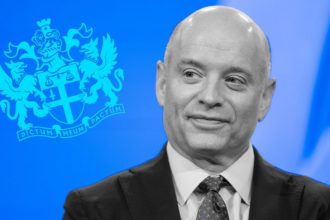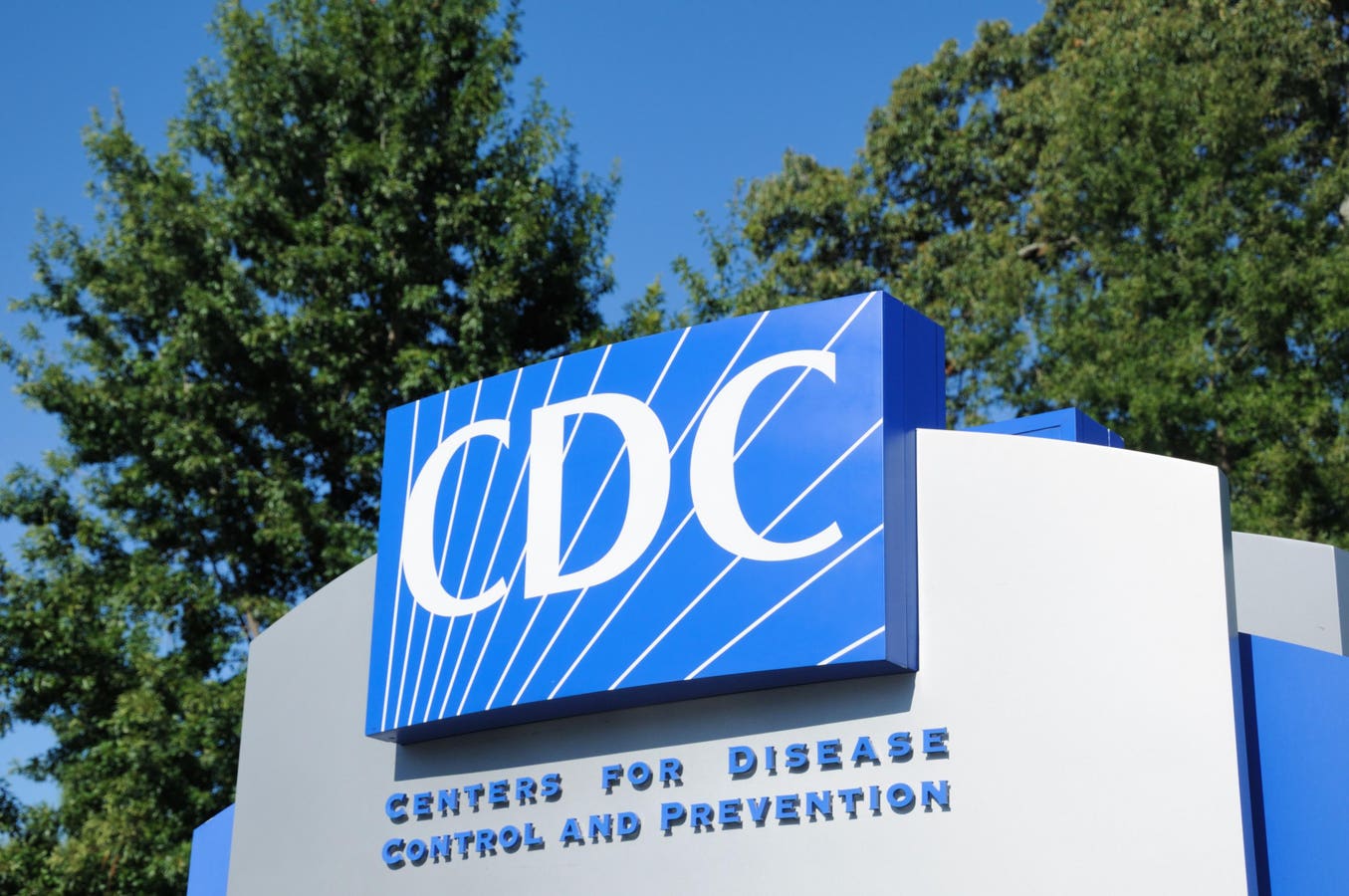President-elect Trump nominated David Weldon to lead the Centers for Disease Control and Prevention. Weldon is a practicing medical doctor and a former Congressman. He’s also a longtime vaccine-skeptic. In his announcement, Trump said that “Americans have lost trust in the CDC and in our Federal Health Authorities, who have engaged in censorship, data manipulation, and misinformation. Dave will prioritize Transparency, Competence, and High Standards at CDC.”
CDC is an agency with a $17 billion budget. Its work runs the gamut, from data gathering to epidemiology studies to publication of health statistics. CDC’s remit also encompasses vaccine policy and issuance of recommended scheduling. Specifically, CDC is responsible for providing recommendations to the public about when and how to use vaccines approved by the Food and Drug Administration. This includes issuing the United States adult and childhood immunization schedules, which include guidance on the age(s) when vaccines should be given, the number of doses recommended, timing of doses and other information. To inform its vaccine policy, CDC receives input from the Advisory Committee on Immunization Practices, which reviews available evidence.
CDC director nominee Weldon has repeatedly raised questions about the safety of measles, mumps, rubella and HPV vaccines, according to Politico. He could reinforce the vaccine-skeptic agenda that the nominee for Secretary of Health and Human Services, Robert F. Kennedy Jr., is likely to pursue. Like Weldon, Kennedy has for many years questioned the safety of vaccines. Though Kennedy told the podcaster Lex Fridman in 2023 that some vaccines “are probably averting more problems than they’re causing,” he also maintained that “there’s no vaccine that is, you know, safe and effective.”
The World Health Organization estimates that worldwide immunization efforts have saved at least 154 million lives over the past 50 years. Yet Kennedy, a founder of the anti-vaccine Children’s Health Defense organization, claims that vaccines are making children sicker with more chronic illnesses and autism. He has spoken out against vaccine mandates and favors letting parents decide whether to immunize their children.
Similarly, Weldon stirred controversy when he insinuated a link between the MMR shot and autism, citing debunked theories put forward by the (former) gastroenterologist Andrew Wakefield. As such, Weldon’s vaccine-skeptic views are a cause for concern in the public health community, the Guardian says.
The CDC director can’t ban vaccines. But the Secretary of Health and Human Services can hire (or replace) ACIP committee members, which may lead to new sets of CDC recommendations, particularly if the HHS secretary and CDC director have aligned views.
On the face of it, some of Weldon’s statements on vaccines appear strictly aimed at addressing perceived safety issues while not necessarily undermining vaccines. Introducing the Vaccine Safety and Public Confidence Act in 2007 as a representative in Congress, he stated: “I’m a physician. I understand the importance of immunizations in protecting children and the public at large from infectious disease. As a society we benefit from vaccines and as such it is important that we guard carefully vaccine safety research to ensure its objectivity.”
The bill which Weldon sponsored sought to undo what he saw as a conflict of interest entailed by CDC being both a promoter of vaccines and an evaluator of their safety. In Weldon’s view at the time, vaccine safety research ought to be under the auspices of an independent division or agency within the Department of HHS.
He also introduced a piece of legislation in 2007 that would have limited who can receive vaccines containing thimerosal, a preservative used to prevent germ contamination. Theoretically, thimerosal’s ethyl-mercury base could lead to mercury poisoning in high doses. However, the additive hasn’t been used in vaccines since 1999.
The CDC director makes the ultimate decisions regarding whether a vaccine should be recommended to the public. Advice disseminated by the CDC is not binding on states and local jurisdictions which establish vaccination requirements for school children and in some cases healthcare workers and patients or residents of healthcare facilities. But, negative guidance from CDC may affect insurance coverage because insurers are only obligated to cover vaccines that have been recommended by the agency.
As HHS secretary, Kennedy would not be able to unilaterally remove liability protection granted to pharmaceutical (vaccine) manufacturers under the Public Readiness and Preparedness Act. But he has criticized the law and could work with Weldon and Congress towards amending the legislation.
Based on previously stated policy positions, both Weldon and Kennedy would support having the FDA re-review the safety of vaccines and directing the CDC to change its vaccine messaging and recommendations.
If public health officials emphasize the communication of safety risks, however small these are, over the overwhelmingly positive efficacy of vaccines, this could amplify already rising vaccine hesitancy.
Read the full article here





